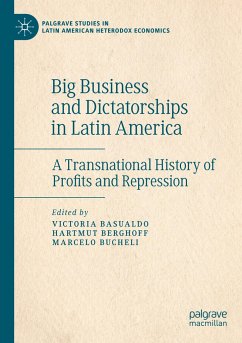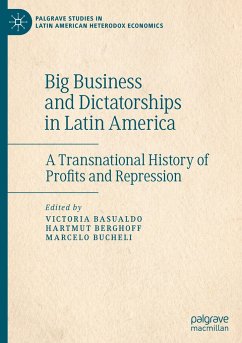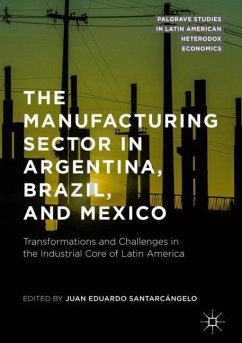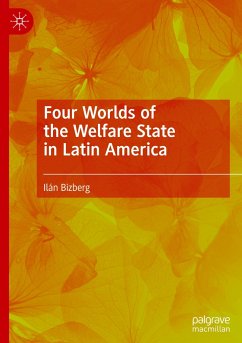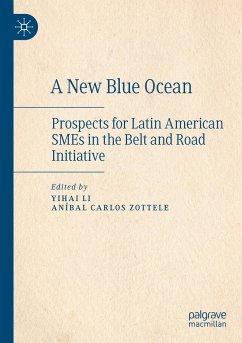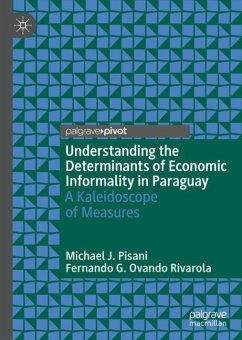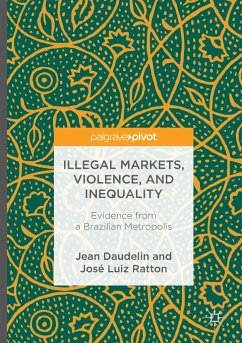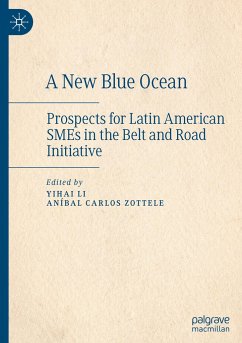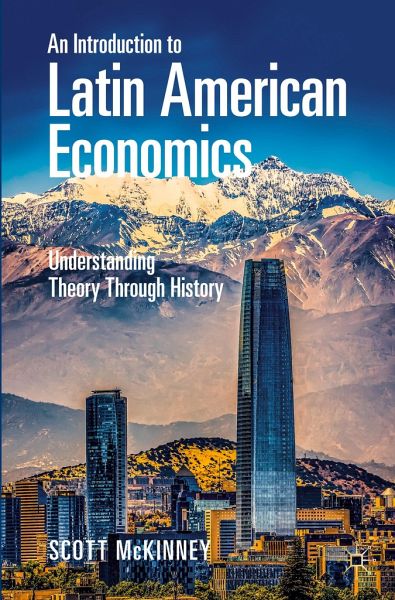
An Introduction to Latin American Economics
Understanding Theory Through History

PAYBACK Punkte
25 °P sammeln!
This textbook serves as an introduction to the major economic topics and events in Latin America's history, from the settling of the region by indigenous Americans and then Europeans, Africans and Asians, to the economic consequences of COVID-19. Each chapter concentrates on a particular period-for example, pre-Columbian America, the 1980s debt crisis, the 21st Century decline in income inequality-and introduces the concepts needed to understand the events of that period. These concepts include theories such as Dutch Disease and Dependency Theory, policies such as import-substituting industria...
This textbook serves as an introduction to the major economic topics and events in Latin America's history, from the settling of the region by indigenous Americans and then Europeans, Africans and Asians, to the economic consequences of COVID-19. Each chapter concentrates on a particular period-for example, pre-Columbian America, the 1980s debt crisis, the 21st Century decline in income inequality-and introduces the concepts needed to understand the events of that period. These concepts include theories such as Dutch Disease and Dependency Theory, policies such as import-substituting industrialization and neoliberalism, and analytical tools such as the circular flow of income and the foreign exchange market. Descriptive data are used to illustrate these concepts: for example, Latin America's current account balance during the 1970s and 1980s shows the impact of the debt crisis, while the relationship between money supply growth and inflation in Argentina during the 1980s and 1990s shows the impact of expansionary monetary policy and convertibility.
With its focus on Latin American economic history and on the key concepts for understanding that history, this book can serve as the core textbook for an introductory course on Latin American Economics, or as a complementary text for an introductory course in Latin American Studies or a social science course on Latin America.
With its focus on Latin American economic history and on the key concepts for understanding that history, this book can serve as the core textbook for an introductory course on Latin American Economics, or as a complementary text for an introductory course in Latin American Studies or a social science course on Latin America.



